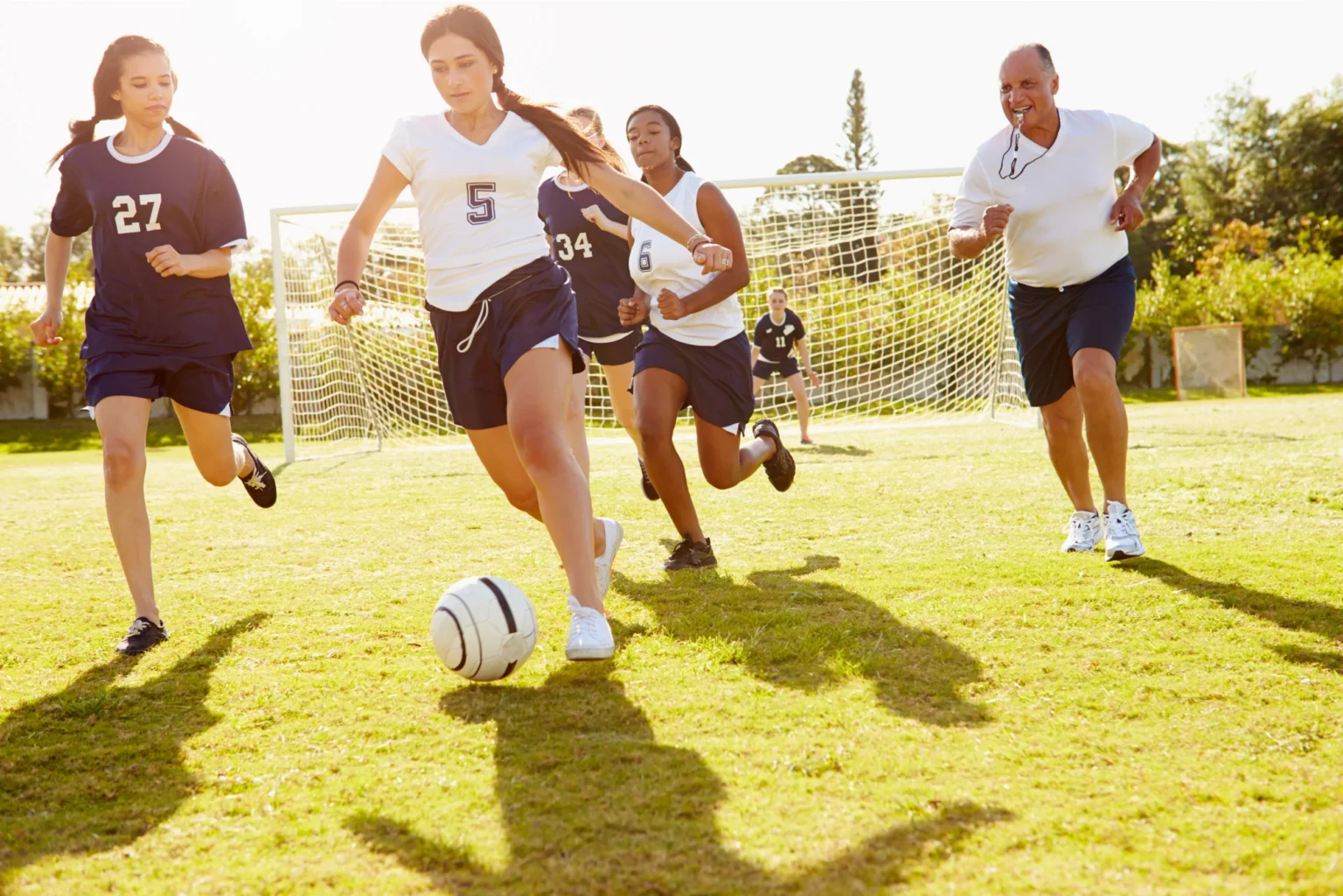
A Comprehensive Guide to School Sports Physicals: What You Need to Know
School sports offer numerous benefits to students, ranging from physical fitness and skill development to fostering teamwork and discipline. However, ensuring the well-being and safety of student athletes is paramount. One crucial aspect of this is the school sports physical, a comprehensive examination conducted to evaluate an athlete’s fitness levels and identify any potential health issues. In this article, we will delve into the significance of school sports physicals and provide a comprehensive guide to help you understand their importance.
Importance of School Sports Physicals:
School sports physicals serve as an essential pre-participation examination that aims to assess an individual’s overall health and fitness level before engaging in athletic activities. These examinations are typically conducted by qualified healthcare professionals, such as physicians or nurse practitioners, who are trained to evaluate and identify potential health risks.
- Identifying pre-existing conditions: A school sports physical allows healthcare professionals to detect any pre-existing conditions that might affect an athlete’s performance or put them at risk during physical activities. Conditions such as heart problems, asthma, or musculoskeletal issues can be identified through thorough physical examinations, medical history review, and appropriate testing. Detecting these conditions early on ensures that appropriate precautions and interventions can be implemented to protect the student athlete’s health.
- Preventing injuries: Another crucial aspect of school sports physicals is to prevent injuries. Evaluating an athlete’s physical fitness, strength, and flexibility helps identify areas of weakness or imbalances that could lead to potential injuries. Healthcare professionals may provide specific recommendations, exercises, or therapies to address these concerns and reduce the risk of injuries during sports participation.
- Promoting overall well-being: School sports physicals go beyond evaluating physical health; they also assess an athlete’s mental and emotional well-being. The examination provides an opportunity to discuss any psychological concerns, stressors, or lifestyle factors that may impact the student’s performance and overall well-being. Addressing these aspects early on can contribute to a positive and healthy sports experience.
Comprehensive Guide to School Sports Physicals:
Now that we understand the importance of school sports physicals, let’s explore the key components and steps involved in this examination process:
- Medical History Review: The healthcare professional will review the athlete’s medical history, including any previous injuries, surgeries, allergies, medications, and family medical history. This information helps identify potential risk factors or conditions that need further evaluation.
- Physical Examination: A comprehensive physical examination is conducted to evaluate various aspects, including cardiovascular health, respiratory function, musculoskeletal strength and flexibility, neurological function, and general well-being. The healthcare professional will check vital signs, assess joint stability and range of motion, listen to the heart and lungs, and perform other relevant tests as needed.
- Medical Recommendations: Based on the examination findings, the healthcare professional may provide specific recommendations, including further testing or consultations with specialists if necessary. They may also offer guidance on nutrition, hydration, injury prevention strategies, and appropriate training methods.
Conclusion:
School sports physicals are a vital component of ensuring the health and well-being of student athletes. By identifying pre-existing conditions, preventing injuries, and promoting overall well-being, these examinations play a crucial role in creating a safe and supportive sports environment. Parents, coaches, and schools should prioritize the completion of school sports physicals to safeguard the health of student athletes and enhance their sports experience. Remember, a healthy athlete is a successful athlete!



